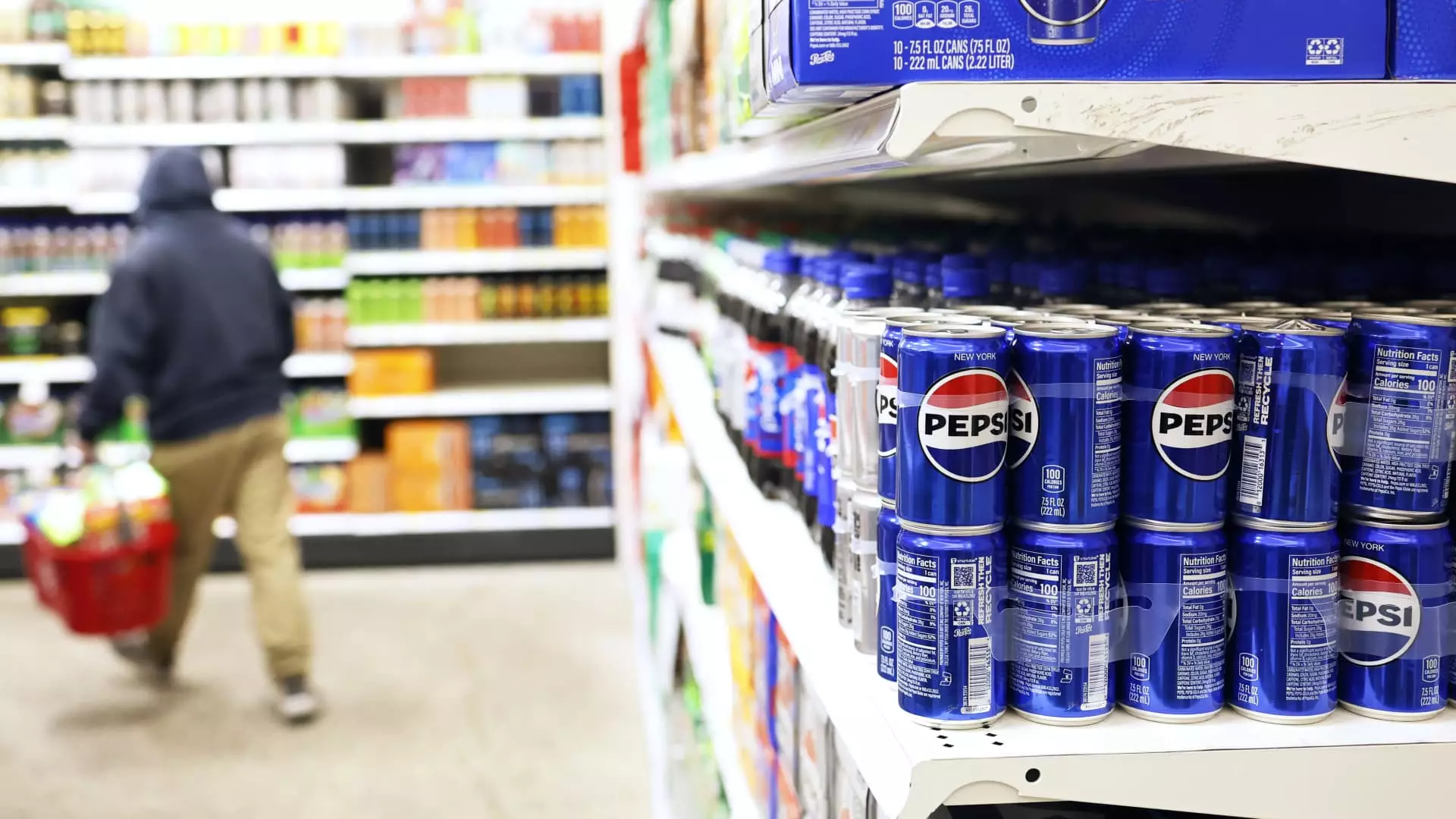Recently, the Federal Trade Commission (FTC) filed a lawsuit against PepsiCo, claiming that the beverage powerhouse violated the Robinson-Patman Act by engaging in illegal price discrimination practices. The lawsuit centers on allegations that PepsiCo provided a specific unnamed retailer—later identified as Walmart—more advantageous pricing and promotional deals compared to its competitors. This case raises critical questions about corporate ethics, market competition, and consumer implications that extend beyond this single incident.
At the core of this legal battle is the Robinson-Patman Act, a legislative measure designed to maintain fair competition by prohibiting sellers from offering different prices to different buyers when selling the same product. Specifically, it aims to prevent large retailers from obtaining lower prices that could disadvantage smaller competitors, thereby fostering an uneven playing field in the marketplace. The FTC’s claims accuse PepsiCo of breaching this law by allegedly providing Walmart with promotional allowances and advertising tools unavailable to other retailers, thereby establishing a monopolistic advantage.
In response to the allegations, PepsiCo strongly refuted the FTC’s claims, asserting that its practices align with industry standards. The company argues that offering discounts and promotional support is a common strategy employed to enhance sales and is not indicative of favoritism toward a specific retailer. PepsiCo’s vigorous stance highlights a broader tension in the food and beverage industry regarding competitive pricing and promotional strategies. Critics, however, may pose the question: does this defense sufficiently address the accusations of unfair market manipulation?
Walmart’s non-response in the immediate aftermath of the allegations sparks further debate about the implications of such price discrimination on retail dynamics. As a leading retailer, Walmart wields significant influence over pricing strategies and supplier relationships. The question looms: what kind of impact could PepsiCo’s alleged actions have on small to mid-sized retailers? Should the lawsuit substantiate the FTC’s claims, it may catalyze discussions on the necessity for regulatory reforms to better safeguard competition in an increasingly digital marketplace dominated by a few large players.
Interestingly, the Robinson-Patman Act has seen fluctuating enforcement since its inception in 1936, particularly taking a back seat during the deregulation wave of the 1980s. Under the Biden administration, however, there has been a resurgence of scrutiny concerning corporate practices, as evidenced by several lawsuits targeting various companies. The timing of this lawsuit—filed just before a change in FTC leadership—could indicate a strategic push to reinvigorate regulatory action against perceived monopolistic behaviors in the corporate landscape.
As the FTC seeks to lift the seal on redacted sections of the lawsuit to provide deeper insight into PepsiCo’s alleged violations, the outcome of this case may set a precedent for future regulatory actions. The implications of the lawsuit stretch far beyond just PepsiCo and Walmart; it invites scrutiny of broader practices within the food industry and serves as a potential call to action for regulators to reassert their commitment to fostering competition and protecting consumer interests. As the legal proceedings unfold, stakeholders across the retail spectrum will be anxiously observing how this case may redefine the boundaries of competitive pricing and market ethics.



Leave a Reply